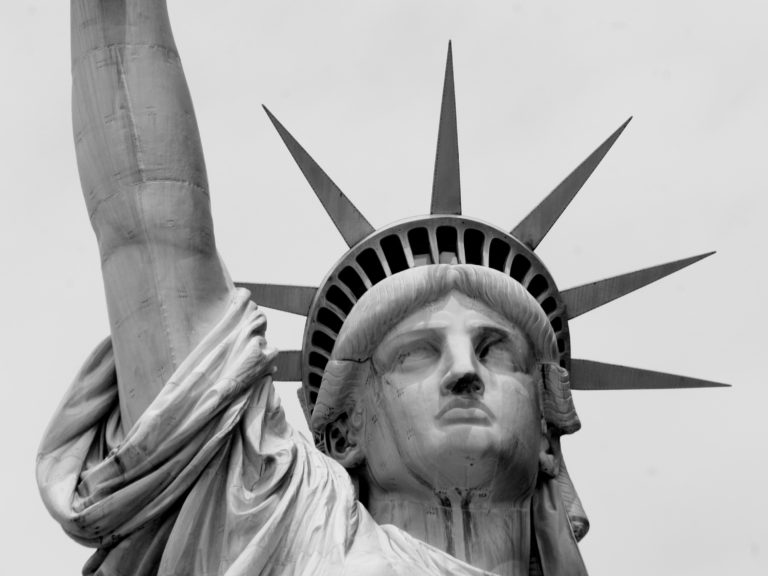H-1B Workers: Understand the DOL Rules for Pay Deductions

H-1B workers are nonimmigrant visa-holders who work for United States employers. These workers obtain H-1B visas, which requires the workers to have a bachelor’s degree or another country’s equivalent degree in a specialized field. H-1B workers have the same rights as U.S. workers, and both groups of workers must be treated equally and fairly.
The way a U.S. employer addresses worker pay and deductions is critical to compliance with United States federal laws, including not only immigration laws, but also federal employment laws and Department of Labor (DOL) rules and regulations.
Deductions from worker pay allows H-1B workers and U.S. workers alike to pay federal, state, and local taxes, insurance premiums, funds for retirement, and any other lawful deductions. Unfortunately, many H-1B workers find that employers are deducting too much or too little, which can place an H-1B worker at risk.
Employers have an obligation to understand statutes and regulations concerning deductions from H-1B workers’ pay, and H-1B workers will benefit from having the same understanding to protect themselves should the need arise.
H-1B Workers and Illegal Wage Deductions Under the H-1B Program
As identified in the DOL’s Fact Sheet #62H, H-1B workers have legal protections from illegal wage deductions. In no case can H-1B workers be required to pay the following penalties, deductions, and fees through payroll deductions or otherwise:
-
- A penalty under state law for the worker’s inability to complete the full employment period;
- Statutory training and processing fees imposed by United States Citizenship and Immigration Services (USCIS);
- Statutory $500 fraud protection and detection fee imposed by USCIS;
- Any deduction for an employer’s business expenses that would reduce the H-1B worker’s pay to an amount below the required wage rate, including:
- Expenses, such as attorney fees directly related to the filing of the Labor Condition Application (LCA),
- Expenses, such as attorney fees and the premium processing fee directly related to filing a Petition for Nonimmigration Worker;
- Tools and equipment; and
- Travel expenses directly related to work performed on behalf of the employer’s business.
Given that federal statutes, rules, and regulations can be difficult to digest, H-1B workers should consider working with an immigration lawyer who regularly handles H-1B visa matters.
H-1B Workers and Lawful Wage Deductions
Certain deductions from an H-1B worker’s pay are lawful even if such deductions reduce the H-1B worker’s pay to an amount below the required wage rate. These lawful deductions include the following:
-
- Deductions required by law, such as federal, state, and local income taxes;
- Reasonable and customary deductions, such as union dues and insurance premiums; and
- Deductions that are voluntarily authorized by the H-1B worker, pursuant to the following standards:
- The H-1B worker offers voluntary and written authorization;
- The deduction is for a matter “principally for the benefit of the employee, such as reimbursement for travel to the United States or payment for food and lodging that was not incurred while traveling on the employer’s business;”
- The deduction is for an amount that does not exceed fair market value, or the actual cost of the matter covered (whichever is lower); and
- The deduction is for an amount that does not exceed the limits for garnishment set by the Consumer Credit Protection Act.
H-1B workers who understand, at least generally, what payroll deductions are legal and what deductions are illegal, are in a better position to contest certain deductions they believe are not in accordance with federal immigration and labor laws.
Contact Shihab Burke, LLC, Attorneys At Law Today for Your H-1B Visa Needs
The immigration process is confusing for both employers and employees, and mistakes happen frequently without the help of a legal professional. The Columbus H-1B visa lawyers of Shihab Burke, LLC, Attorneys At Law have assisted clients in seeking and obtaining H-1B visas for foreign workers.
Shihab Burke, LLC, Attorneys At Law provides legal representation to clients nationwide and has offices located in Columbus and Dublin, Ohio, Michigan, and Texas, but we operate nationwide and can meet the needs of clients from all locations within the United States.
To find out how we can help you, contact Shihab Burke, LLC, Attorneys At Law today by calling (866) 665-0001 or by completing a form on our website.






